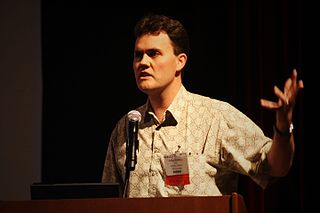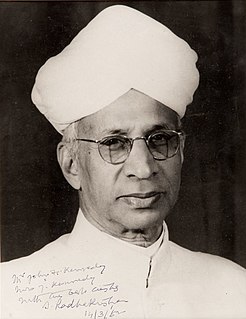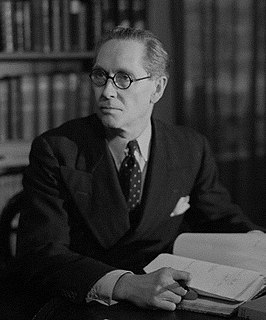A Quote by Jesse Schell
I often think of it this way: The 21st century is going to be a war on the attention of humanity. Where civilization focuses its attention, I mean, that's what defines what the civilization cares about.
Related Quotes
These strengths, and our civilization in general, have reached an apogee with the end of the apocalyptic threats of the Cold War and the end - or at least waning - of less successful, and ultimately less "just," political and economic systems. At the turn of the 21st century we appear to be entering our greatest century, a golden age. The challenge that we face is similar to that of the Classic Maya civilization: we have set in motion a "runaway train" of success.
There was this famous clash of civilization thesis from Samuel Huntington, a political theorist. And the idea was that Western civilization is at war with Islam and maybe some of the other civilizations around the world. And I don't agree with that. But I do think there is such a thing as Western civilization. I think it starts with the Greeks and the Romans. Then it goes through the Enlightenment - or the Reformation, the Enlightenment. It goes through the scientific age. And it somewhat defines some of the cultures and mores of Europe and North America and some other countries.
A civilization built on dualism and war within and between persons, one that puts its most creative minds and its best engineers to sadistic work building more and more destructive weapons, is no civilization at all. It needs a radical transformation from the heart outwards. It needs to outgrow and outlaw war just as in the last century it outlawed slavery. The human race has outgrown war, but it hardly knows it yet.
My point is, as civilization is progressing, Mosaic law came down from the mountain, was handed to civilization, it emerged through the Greek civilization as the Greeks were developing their Age of Reason. And we're talking about the foundation of Western Civilization, and almost concurrently with that, Roman law was emerging as well.
I'm not so sure he's wrong about automobiles," he said, "With all their speed forward they may be a step backward for civilization-that is, spiritual civilization ... But automobiles have come, and they bring a greater change in our life than most of us expect. They are here, and almost all outward things are going to be different because of what they bring. They are going to alter war, and they are going to alter peace.
To be clear, civilization is not the same as society. Civilization is a specific, hierarchical organization based on 'power over.' Dismantling civilization, taking down that power structure, does not mean the end of all social order. It should ultimately mean more justice, more local control, more democracy, and more human rights, not less.
Western Civilization has been in a state of decline since the Edwardian age, say 1910. That was the height of Greco-Roman European civilization. Then there was the First World War. That was the beginning of the end. That civilization has been in a decline ever since. But from the American triumphalist point of view our wonderful electronic revolution is really the forefront of an ongoing wonderful civilization.
Utilitarianism is a civilization of production and of use, a civilization of "things" and not of "persons," a civilization in which persons are used in the same way as things are used. In the context of a civilization of use, woman can become an object for man, children a hindrance to parents, the family an institution obstructing the freedom of its members.








































